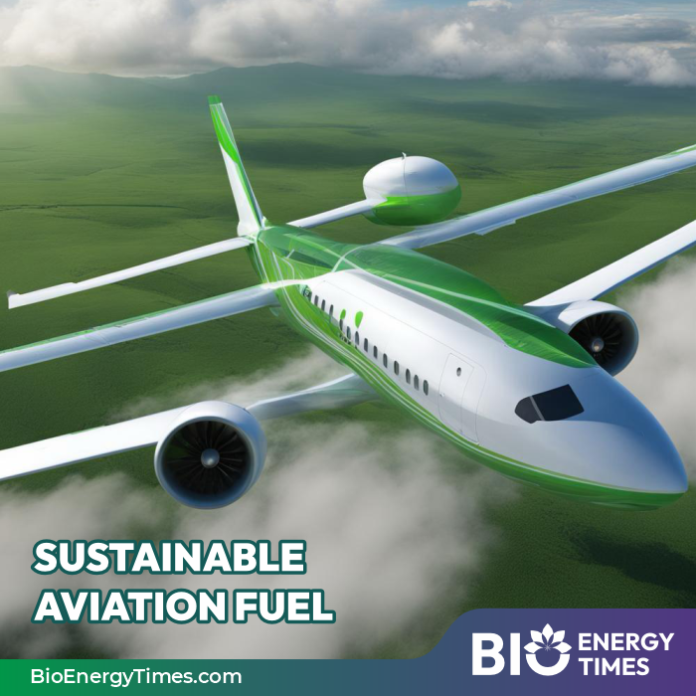In a major step toward sustainable aviation, Bangchak Group has officially opened Thailand’s first dedicated Sustainable Aviation Fuel (SAF) production unit at its Phra Khanong Refinery. Operated by its affiliate, BSGF Company Limited, the facility is the country’s first to produce 100% Neat SAF, and it adheres to international sustainability certification standards, reported Bangkok Post.
Chaiwat Kovavisarach, Group CEO and President of Bangchak Corporation Public Company Limited, described the unit as Thailand’s first fully integrated standalone SAF production facility. It manages the entire supply chain—from sourcing raw materials to fuel distribution—under the International Sustainability and Carbon Certification (ISCC) framework. The plant has an initial production capacity of 1 million litres per day and uses Hydroprocessed Esters and Fatty Acids (HEFA) technology to convert materials such as used cooking oil into aviation-grade fuel.
The SAF production process was developed in partnership with two international technology providers: Belgium’s Desmet, known for feedstock pretreatment, and U.S.-based UOP Honeywell, a leader in hydroprocessing systems. This ensures consistent quality from raw material handling through hydrogenation and molecular refining to final product output. In addition to SAF, the plant also produces by-products like Bio-LPG and Bio-Naphtha and is currently undergoing performance testing.
According to data from the International Energy Agency (IEA) and the International Civil Aviation Organization (ICAO), aviation contributes about 492 million tonnes of carbon dioxide emissions annually, despite making up just 2.9% of global energy use. SAF can cut these emissions by up to 80%, making it one of the most promising solutions for reducing the carbon footprint of air travel. Several regions, including the EU, UK, and Singapore, have already announced SAF blending targets, and Thailand is evaluating a similar mandate.
In addition to cutting carbon emissions, SAF also contributes to cleaner air. It has very low levels of sulphur and aromatic compounds—elements that contribute to health hazards and pollution—making it a more environmentally friendly alternative to conventional jet fuel.
Bangchak has been active in renewable energy for over two decades. The company’s efforts began in 2000 with a biodiesel project in partnership with the Royal Thai Naval Dockyard. It later launched Thailand’s first commercial biodiesel product in 2004 and a nationwide used cooking oil buy-back initiative in 2008.
Now, with the launch of the Neat SAF facility, Bangchak is building on that foundation. Its “Fry to Fly” campaign enables the public to contribute by selling used cooking oil at more than 290 Bangchak service stations nationwide—a number expected to grow to 2,000 by the end of 2025. The company is also developing a Book & Claim system, which will let passengers and airlines receive verified carbon credits for using SAF, encouraging broader adoption of sustainable aviation fuel.














